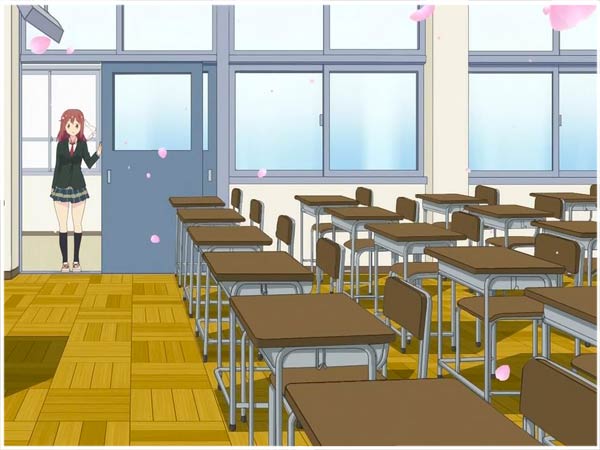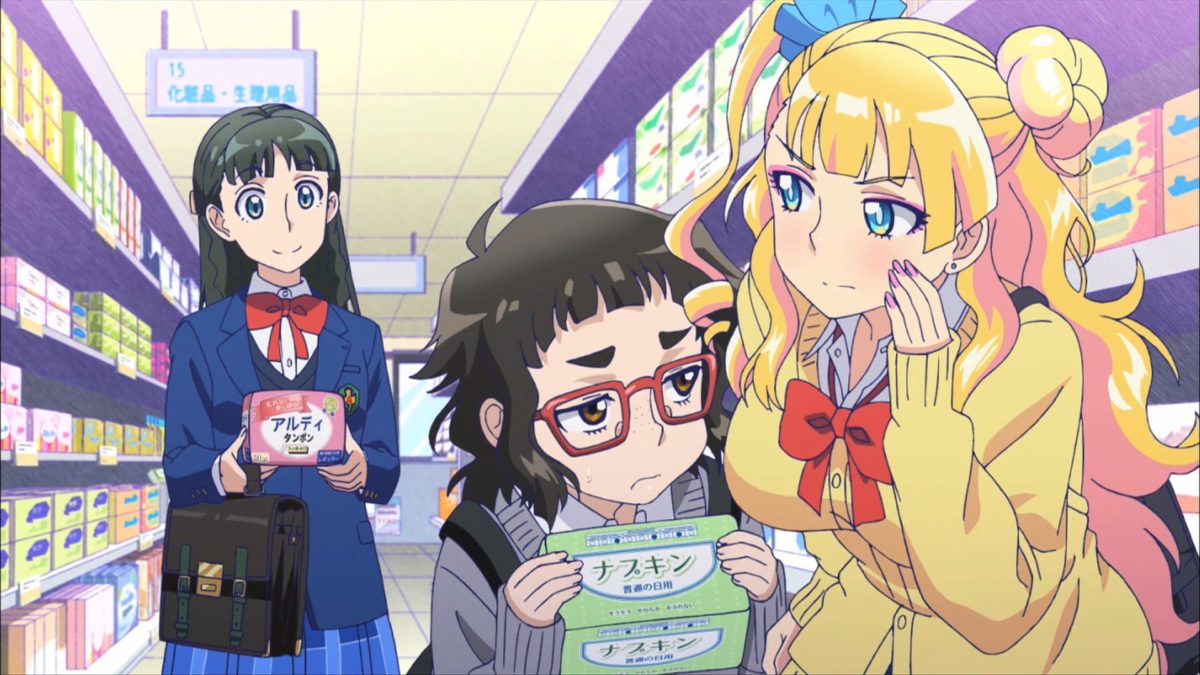Over the weekend you might have seen some articles about a sudden drop in Japan’s population. It isn’t a new thing — the population has fallen every year since it peaked at 128,057,000 in March 2010, as deaths started to outstrip births, though like that article about the train line in Hokkaido that stays in operation so that one high school girl can ride it to school everyday, the story exploded internationally for some reason. I decided to ask readers of J-List’s Facebook page if they had any questions about the issue.
What are the reasons Japan’s population is falling?
I could literally list 50 reasons that contribute to the population drop, but it mostly has to do with high education, a lack of meaningful inflows through immigration, and certain social phenomena unique to Japan. All countries experience falling birthrates when they industrialize and embrace education — the Philippines went from 7.5 babies to 3 born per female over the past 40 years for example. So it’s largely a normal thing, just most pronounced here.
Many countries, from Germany to Russia to Singapore, have low birthrates. Are there unique reasons for Japan’s crisis?
My Japanese father-in-law was the youngest of 11 children, and back in those days you had to work really hard to carve out a place in the world. Young Japanese these days are often only children, and know they can inherit their parents’ land eventually, so they’re not as driven. Some are “parasite singles,” living rent-free in their parents’ house and not getting serious about their direction in life until it’s half over. Another trend is “herbivore men” in which males decide they’re content to eat salad rather than steak, that is, to just be friends with girls they know rather than be driven to seek out sexual partners. Social anxiety and lack of basic social skills by young people are another big problem.
How long would the decline rate have to go on before it has a significant impact on the country?
It’s affecting the country already, to a degree. One of the saddest words to me is 廃校 haikou, the de-commissioning of a school (which is a theme in Love Live: School Idol Project), and every Japanese city has one or two closed schools at least. A toy store I used to frequent went out of business and was replaced with a shop selling gravestones.
What about immigration? Is Japan xenophobic about foreigners?
Not at all. In the past, Japan formed special economic relationships with other countries, mainly Iran, Peru and Brazil, to get workers to power its economic growth. Today it’s getting to be commonplace to see foreigners working in various jobs in Japan, not just translation or factory work. Anyone can come work in Japan, though in most industries a 4-year university degree will be needed. Obviously Japan will need to form new international relationships to get workers for the coming decades or cease to be an economic powerhouse.
What is the Japanese government doing about the situation?
They’ve got policies in place to encourage more children. All Japanese cities pay all pregnancy-related medical expenses and give free health care to children age 5 or under, and our city presents new mothers with a $1000 “congratulations bonus.” But it’s probably a trend that can’t be resisted in the end.
J-List carries all the popular anime magazines, including magazines that shower fans with free original posters, like Megami Magazine and Nyantype. We’re happy to announce that all the new magazines for the month have come in, and you can see them all on the site now. Megami Magazine, Nyantype, Dengeki G’s, the creator-focused E2…enjoy them all!

















